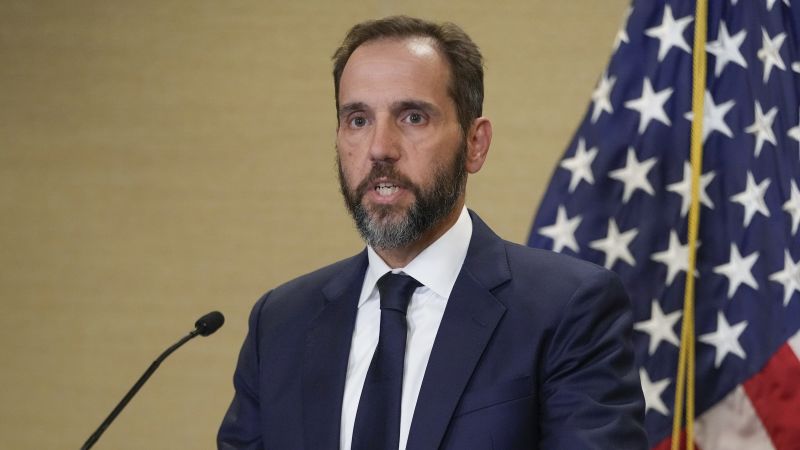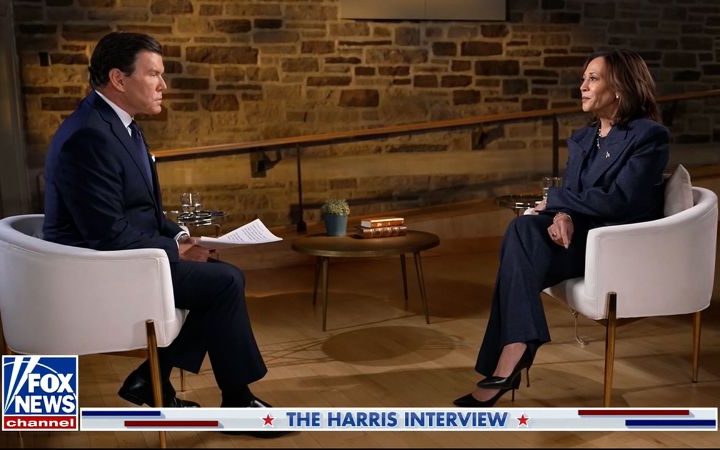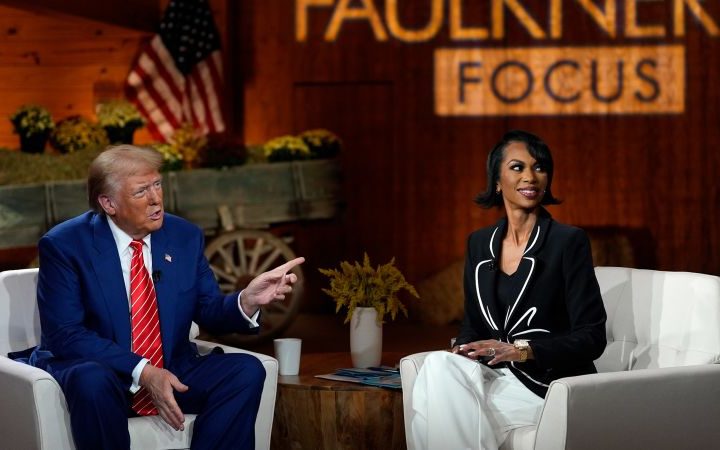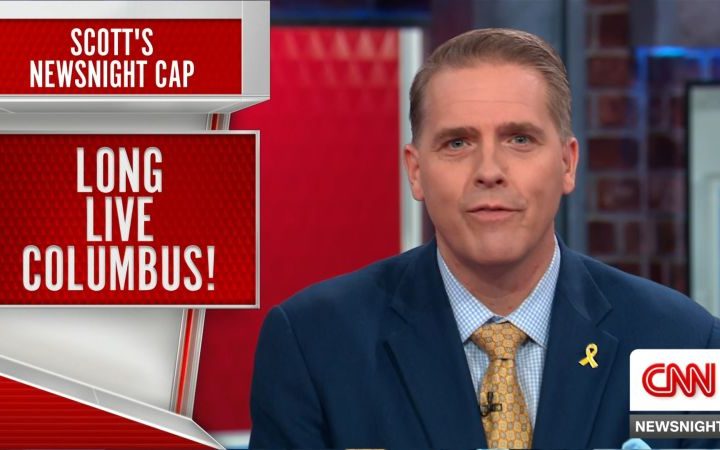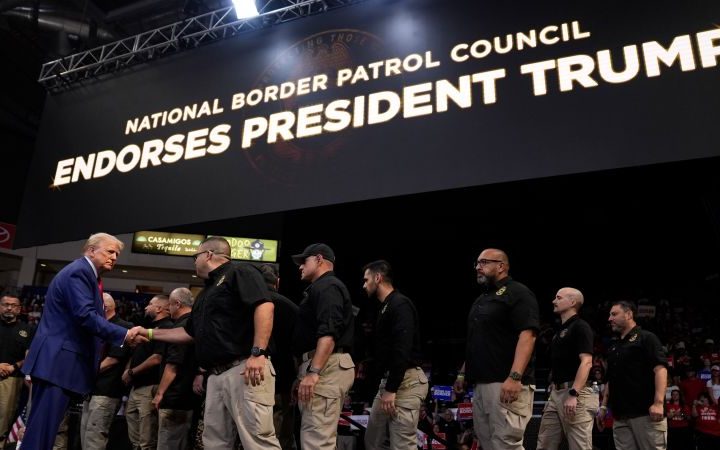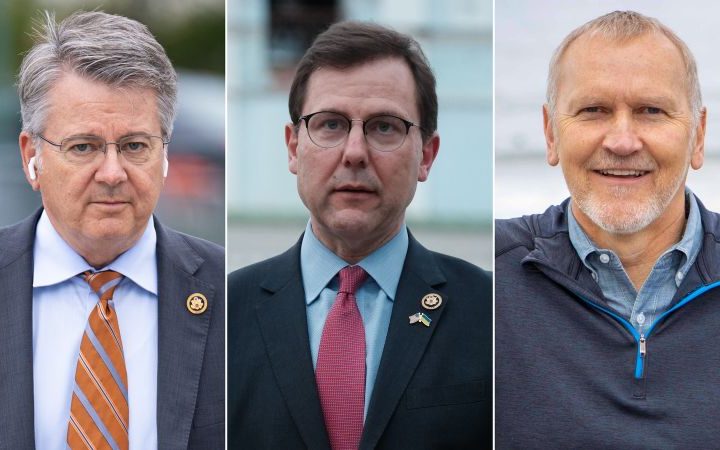Special counsel Jack Smith opposes televising the federal election subversion trial of former President Donald Trump in Washington, DC, according to a filing late Friday.
Prosecutors wrote that federal courts are expressly prohibited from allowing proceedings in a courtroom from being broadcast or even photographed and that although the public was allowed to access some proceedings through teleconferences during the Covid-19 pandemic, the exception ended in September for criminal trials.
In a long-shot attempt, a group of media organizations, including CNN, asked the federal judge overseeing the case, Tanya Chutkan, for permission to broadcast the trial given its historic nature. In a separate petition to the judge, NBCUniversal Media argued that the long-standing rule against cameras in federal criminal trials, which dates to the 1940s, is outdated and would violate the First Amendment if strictly enforced in the Trump case.
One of Trump’s attorneys in the case has also supported the idea of broadcasting the trial, telling CNN’s Dana Bash, “absolutely I’d like to see that.” The former president’s trial is scheduled for March 4.
In their filing, the media organizations argued that the federal rule prohibiting cameras during criminal proceedings violates the First Amendment and that “to be meaningful in the unique circumstances of this case, that right must include a right of first-hand observation beyond those few dozen people who are able to squeeze into the courtroom.”
In Friday night’s filing, prosecutors say this argument is “premature” and note that in many high-profile trials “overflow spaces and reserved places for the media are likely.”
“(E)very court to have considered the issue has concluded that there is no constitutional right to a televised trial,” prosecutors wrote, adding that the rule is in place “to avoid the risks that policymakers have determined cameras pose to the fair administration of justice.”
“While Applicants are free to advocate their views to policymakers, this Court should decline their invitation to ignore the binding nature” of the federal rule prohibiting such broadcasting, prosecutors concluded.
Read the full article here
